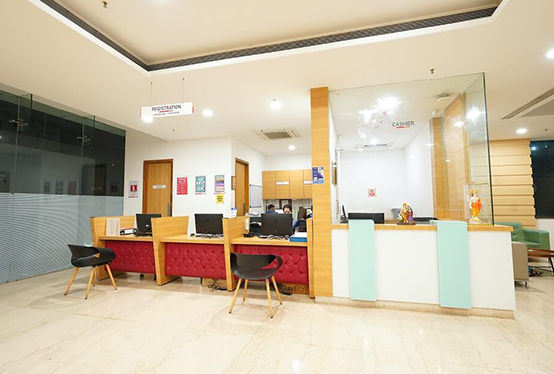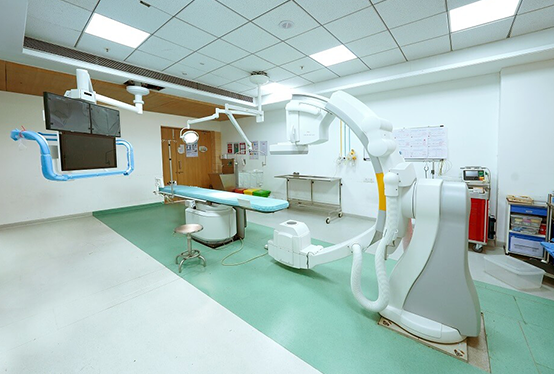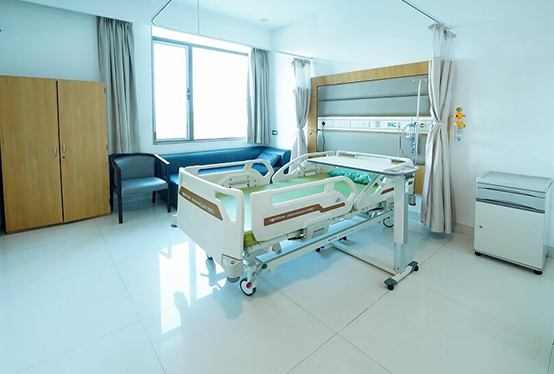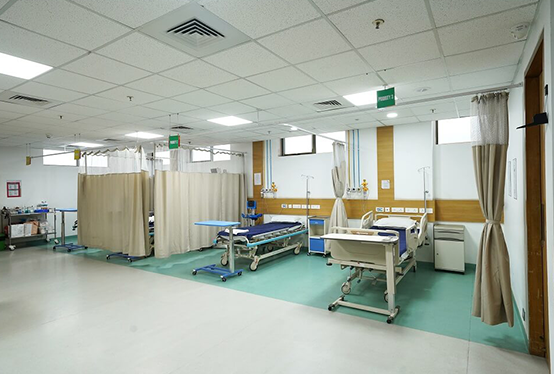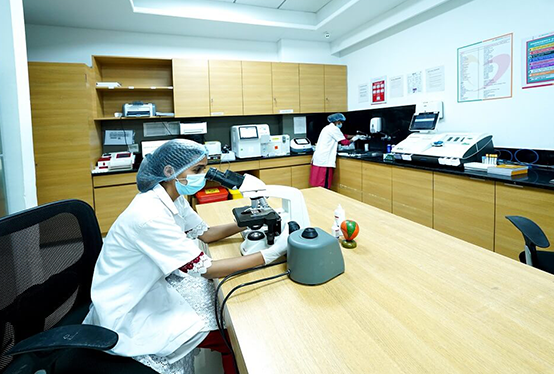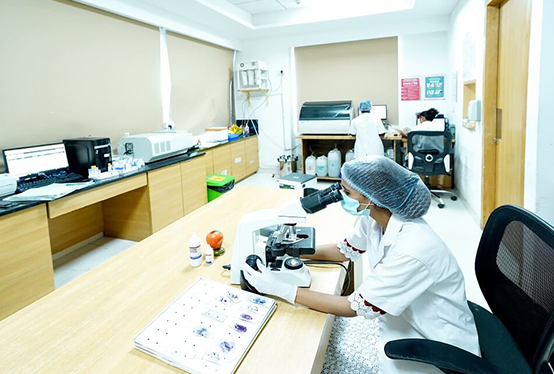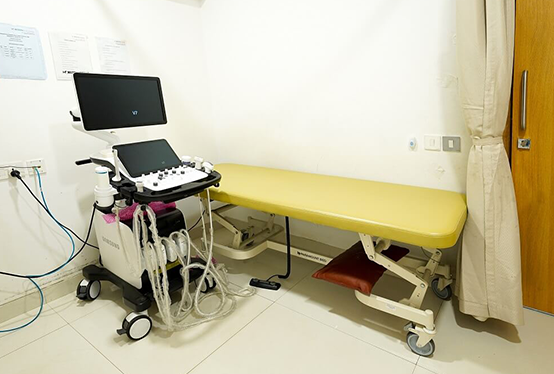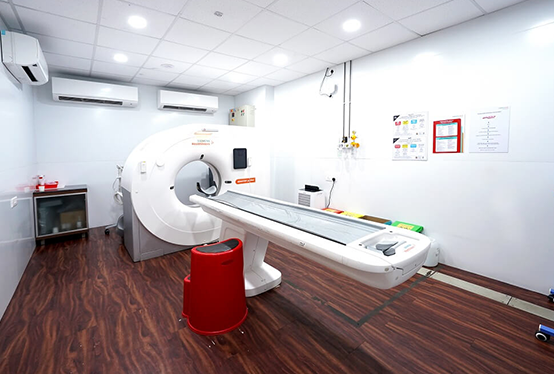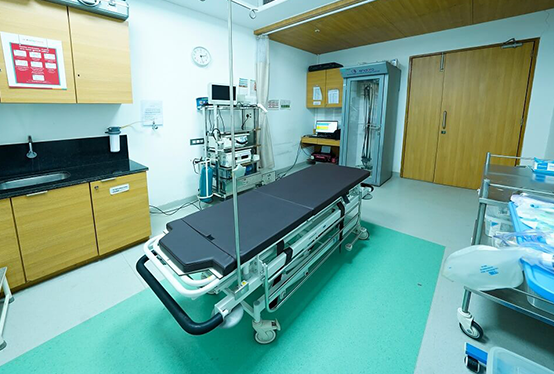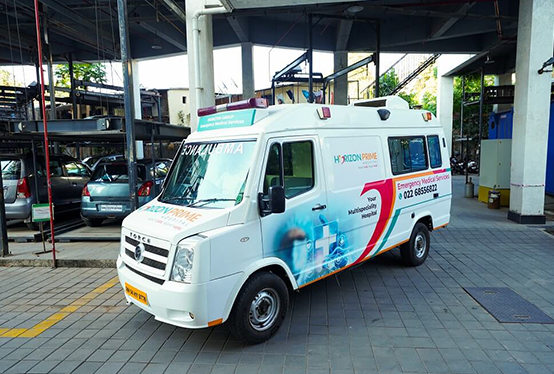Department Of Neuroscience
Department Of Neuroscience
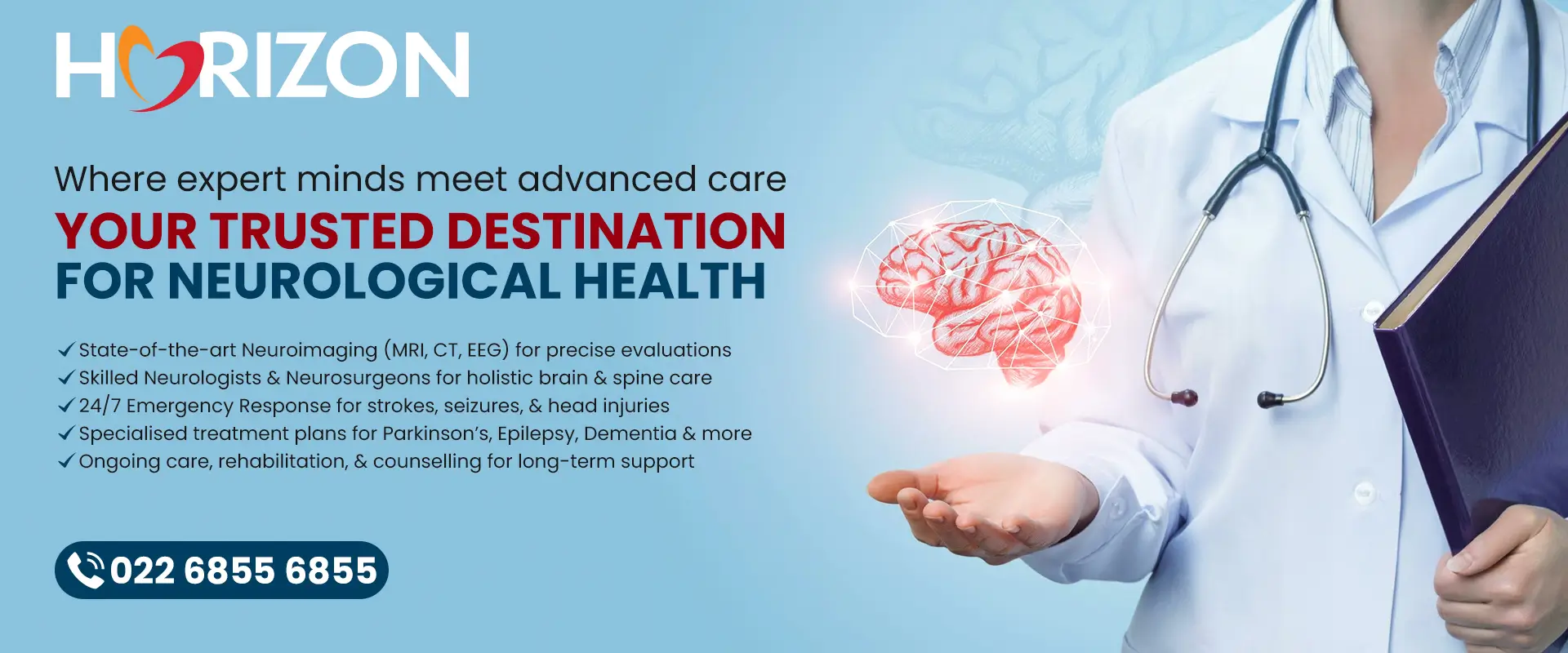

-
MS, DNB, FNS, M.SC
-
20+ Years Experience

-
MBBS, MD, DM (Neurology)
-
15+ Years Experience

DR. HRUSHIKESH VAIDYA
- Advanced Cath Lab for heart procedures
- Modern Operation Theater with high-tech anesthesia
- Minimally Invasive Heart Surgeries for faster recovery
- 24/7 Emergency Heart Care with expert doctors
- Specialized ICU for Heart Patients (CCU)
- Heart Checkups including ECG, 2d Echo, and TMT
- Cardiac Rehab to help recovery after treatment
- 24/7 Ambulance, Pathology, Pharmacy, and Blood Bank
- 120 Beds (private, deluxe, twin-sharing, general) with in-house tests (USG, CT, MRI, Angiography)
Services We Offered
Advanced neurology care at Horizon Prime Hospital

Epilepsy & Seizure Disorders

Stroke Management

Headache & Migraine Care

Neuro Infections

Neuromuscular Disorders

Movement Disorders

Neuropathy & Nerve Disorders

Sleep Disorders

Memory & Cognitive Disorders
Services We Offer
Advanced brain surgery and neurological care at Horizon Prime Hospital—where cutting-edge technology meets compassionate expertise to restore and heal lives.

Brain Tumour Surgery

Head Injury & Neurotrauma

Stroke & Aneurysm Management

Epilepsy Surgery

Hydrocephalus & CSF Disorders

Parkinson’s & Movement Disorders

Brain Surgery & Neuro Care
“Get quality care with insurance-covered treatments at Horizon Prime Hospital.”
Facilities Provided By Horizon Prime Hospital
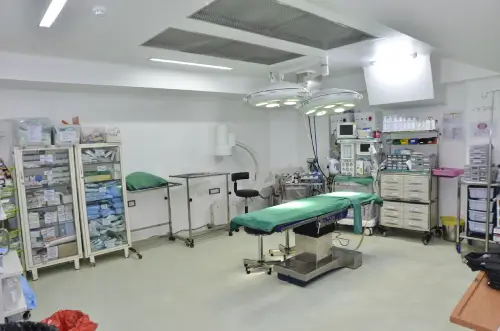
Operation Theatre
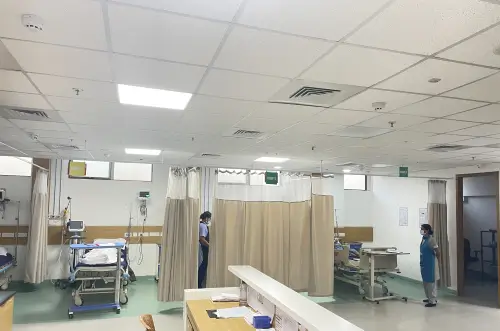
Emergency Room
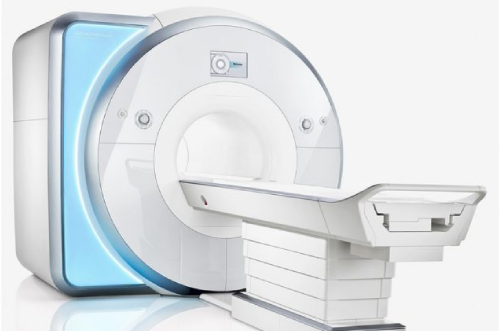
Inhouse MRI, CT SCAN
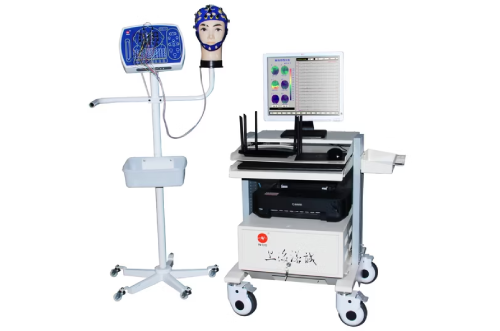
EEG
Thane’s Trusted Name in Neurology
Why Horizon Prime Stands Out
Pioneers in Neurology: Advancing Brain Health, Every Step Forward.
Horizon is committed to excellence in neurological care, offering world-class treatment for brain, spine, and nervous system disorders. Our Neurology Department delivers comprehensive care under one roof, combining clinical expertise with state-of-the-art technology. Our super-specialty facility in Mumbai features advanced neuroimaging, cutting-edge diagnostics, and round-the-clock emergency services, ensuring accurate treatment and compassionate care in a modern, patient-centric environment.
Call us nowto get a treatment from an expert Doctor
FAQs patients might have before going for
A medical specialty known as neurosurgery focuses on the identification, diagnosis, and treatment of diseases affecting the nervous system, which includes the brain, spinal cord, and peripheral nerves.
A medical specialty known as neurosurgery focuses on the identification, diagnosis, and treatment of diseases affecting the nervous system, which includes the brain, spinal cord, and peripheral nerves.
Neurosurgery, like any surgical operation, has hazards. These risks might include bleeding, infection, problems with anesthesia, neurological abnormalities, and, in rare circumstances, the underlying ailment returning. To reduce these hazards, neurosurgeons do, however, adopt several safety measures.
An essential component of the rehabilitation from neurosurgery is pain control. Your healthcare team will collaborate closely with you to use medication, physical therapy, and other supportive methods to treat any pain or discomfort you may have following surgery.
The recovery period varies depending on the type and complexity of the neurosurgical procedure performed, as well as individual factors such as overall health and age. Some patients may recover within a few weeks, while others may require months of rehabilitation and ongoing care.
A spine tumor is an abnormal growth of cells within the spinal column or surrounding tissues. These tumors can be benign (non-cancerous) or malignant (cancerous) and may originate from the spinal cord, nerve roots, or surrounding structures.
A spine tumor’s symptoms might change according on the tumor’s size, location, and kind. Back or neck discomfort, arm or leg weakness or numbness, trouble walking, abnormalities in the function of the bladder or bowel, and in extreme situations, paralysis, are common symptoms.
A complete neurological examination along with imaging tests like CT (Computerized Tomography) or MRI (Magnetic Resonance Imaging) scans is usually required for the diagnosis of a spine tumor. A biopsy could be necessary in some circumstances in order to confirm the diagnosis and ascertain the features of the tumor.
Treatment for spine tumors depends on various factors, including the type, size, and location of the tumor, as well as the patient’s overall health. Treatment options may include surgery to remove the tumor, radiation therapy, chemotherapy, targeted therapy, and supportive care to manage symptoms and improve quality of life.
Treatment for spine tumors depends on various factors, including the type, size, and location of the tumor, as well as the patient’s overall health. Treatment options may include surgery to remove the tumor, radiation therapy, chemotherapy, targeted therapy, and supportive care to manage symptoms and improve quality of life.



